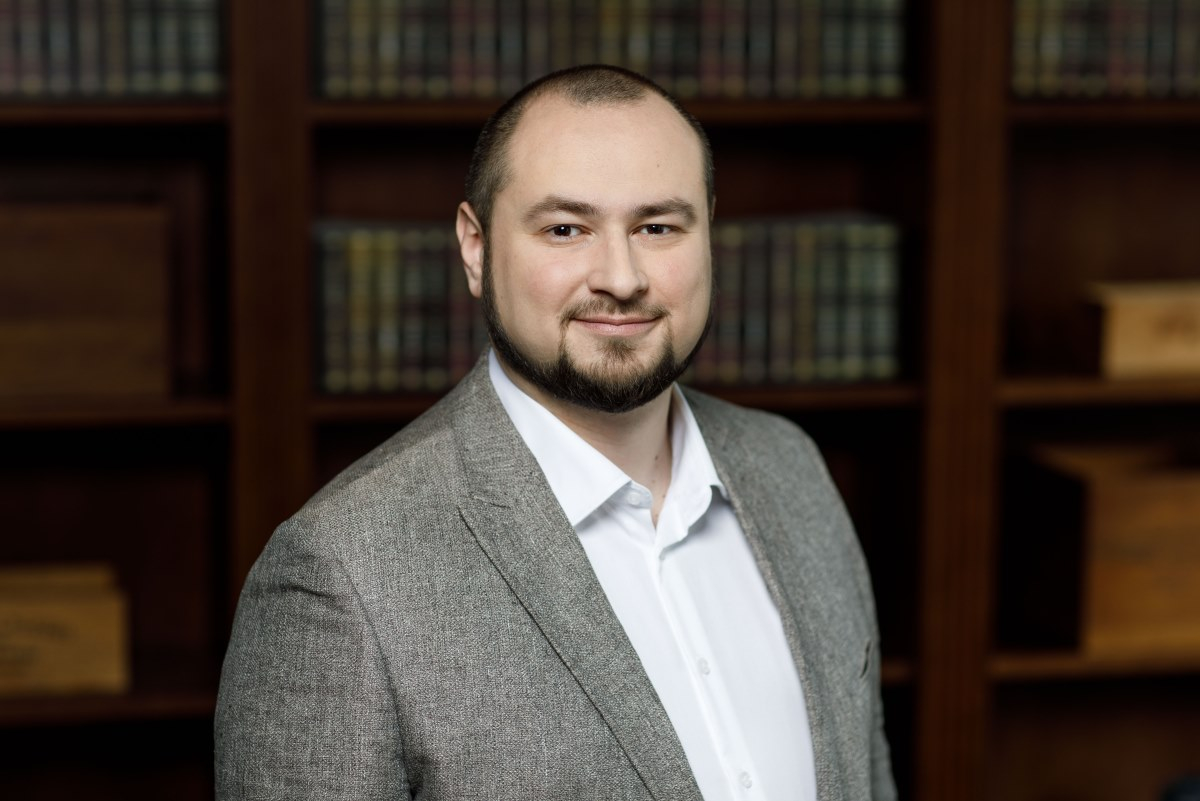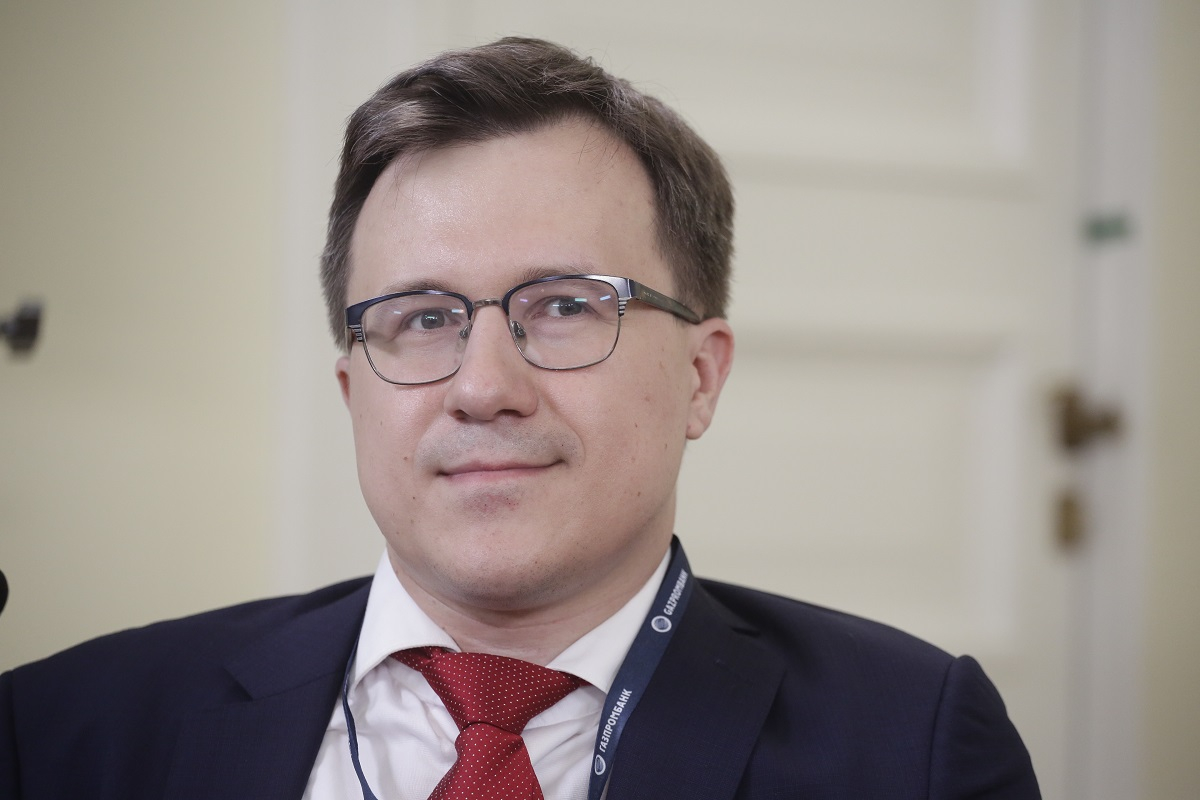Destroying the legends – are computer shooting games so terrifying?
The first ever World Cyber Games 2000 Challenge was held in October 2000. During the 20 years since then, there have been positive changes to the way we see e-sports in Russia. Yet there are a lot of misconceptions and stereotypes surrounding e-sports, experts say. One of the most prevalent is that there is as association between computer games and violence in children and teenagers.
How the gaming community is dispelling these myths is explained to us by Vladislav Arhkipov, Head of the Department of Theory and History of State and Law at the University, Counsel in the international law firm ‘Dentos’, and Yaroslav Meshalkin, Director of the Strategic Communications in ESforce Holding and Co-Chairman of the cluster ‘Game Industry and E-sports’.
What myths surrounding the game industry are still alive?
Vladislav Arhkipov: The most prevailing myth is that computer games are as harmful as they are. The games are more likely to be a new media. What makes them unique is that they are interactive. What is more, online games can create a relatively ‘stable’ virtual reality. As any media, they tend to be neutral in tone. Whether they may or may not be harmful depends on a wide range of factors. Among them is the environment around the gamers and their personal character as well. Nobody would argue that some of the games, especially those featuring the ‘virtual battles’ where the depicted violence looks the same as it would do in normal life, must be age-rated. If you are a fully mature person with good moral values, playing a video game featuring the scenes of violence will never be a kind of instruction as to how to behave in real life, just as reading books, watching films or TV will not. Reaching an advanced stage of mental or emotional development must be society-based, and the games should not be regarded as a ‘horror movie’ that hides the stumbling blocks to the process of socialisation.
Yaroslav Meshalkin: The crudest stereotype is that the games that feature virtual battles, shooting, and fighting, can lead to violent behaviour in real life. The stereotype is primarily harmful for society, not for the video game industry. As American Psychological Association President Sandra L. Shullman, PhD put it: ‘Violence is a complex social problem that likely stems from many factors that warrant attention from researchers, policymakers and the public. Attributing violence to video gaming is not scientifically sound and draws attention away from other factors, such as a history of violence, which we know from research is a major predictor of future violence.’ Video games do not cause violence. Yet the populists worldwide are at the forefront of fighting against video games as they can lead to violent behaviour. This is the number-one myth to dispel.
Is there any data on how many computer games there are worldwide and which of them are violent?
Vladislav Arhkipov: There are as many as one million games released. The percentage of violent games (Postal, Manhunt and, although it may sound absurd to a certain extent, Mortal Kombat) is rather low.
What is the origin of the myth then?
Vladislav Arhkipov: The myth that computer games are an evil is partially due to the agenda developed by the mass media in the USA, where computer games have gained enormous popularity. It has also influenced other countries. In the USA, there is evidence for the statistics behind gun availability and violence, rather than between violence and computer games, not to mention e-sports. Easy gun availability is a big problem there. According to the data collected by the Vox Media in 2019, among the ten countries with big revenues from the game industry the USA is the only country where the number of gun violence victims is soaring. Extrapolating the experience of the USA where the estimated number of civilian guns per capita is significantly higher than in any other country appears to be unconvincing. Violence is a problem that stems from our life, rather than the gaming industry. Conversely, before the advent of computer games, we would live in a paradise with no violence or abuse. Yet history is against.
Is there any law to dispel the myth?
Vladislav Arhkipov: The legal definitions of the terms, including ‘violence and other related terms’, in the legal acts must be based on common sense and today’s ideas as to what they are. For example, in the early 1990s, after a series of court trials Germany prohibited the Wolfenstein 3d as it had the potential to ‘corrupt’ young people. It is rather controversial. In any case, today it is far from reality to corrupt modern young people by showing them a picture of 320*240 pixels and using those gaming techniques. Interactivity is another aspect to take into consideration when assessing the game content from the legal perspective. If the game does not impose some violent actions for you to follow and you can choose, it is not the production company to plead guilty. This was the case with the Call of Duty: Modern Warfare 2 (2009). The experts saw no evidence of extremism in the game, although in the game there was a choice between highly controversial actions.
Why are the game industry and e-sports regarded as shadowy and even marginal?
Yaroslav Meshalkin: Fortunately, this issue is no longer of a global scale as it used to be several years ago. Today, e-sports can be in the focus of the TV series ‘Vecherny Urgant’, featured on the RBC covers, and heard in the SPIEF. Yet there are a number of misconceptions in our society. E-sports is useless and even can cause harm. It is mostly associated with the school pupils surrounded by the air of cigarette smoke and playing in the basements. Changing the way we see it needs great effort.
Vladislav Arhkipov: I quite agree. The games and social interactions in them are good for learning foreign languages and can fuel up your brain as well. E-sports are much about how attentive you are, what memory you have, and how quickly you can make a decision.



